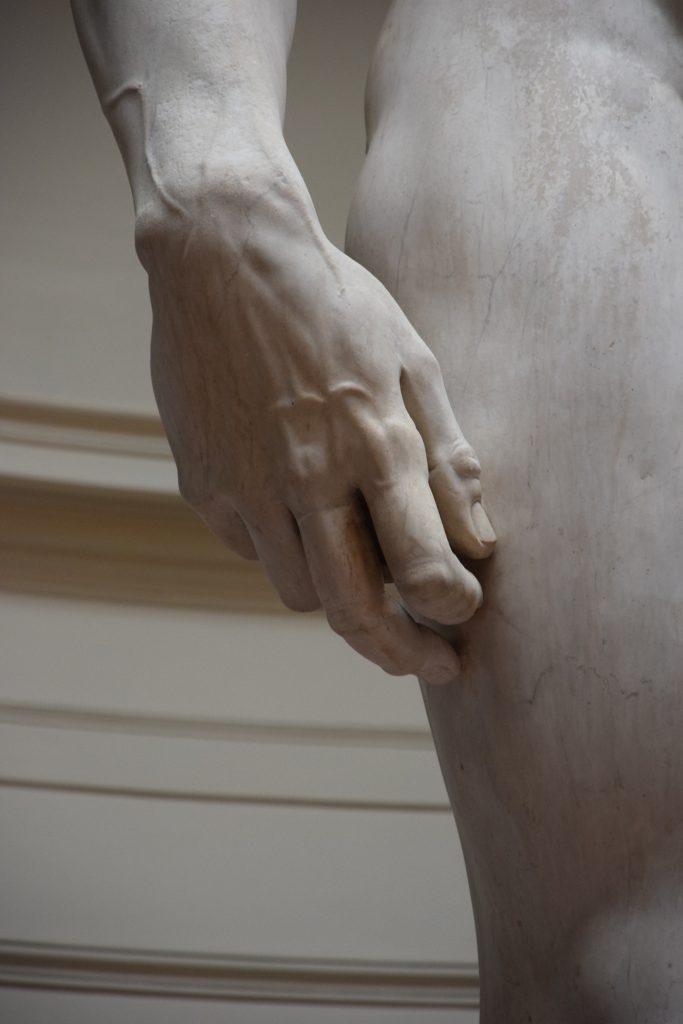
The Department of Philosophy at NTU
can trace its origin back to the Philosophical Section in the Division of Arts and Political Science of Taihoku Imperial University during the Japanese colonial period. In the course of its development, our department started an MA program in 1957 and a Ph. D. program in 1985. Owing to the increasing need for more professional research and teaching, our graduate program was divided into an Eastern philosophy track and a Western philosophy track in 2000. In its fifty years of existence, the philosophy department has awarded more than 1,643 Bachelor degrees, 335 Master degrees, and 59 Ph.D. degrees.
The main goals of this department are to provide students with a rich and profound foundation in the field of humanities and to hone their philosophical talents for the sake of demonstrating profound, wide-ranging and incisive reflections on value that will guide the ethical orientation of our society. We are proud of our open-minded curriculum, and we are active in building co-operative relationships with other universities. For instance, we have so far established academic links with the Department of Language and Literature, the Department of Arts and Craft Education, and the Department of Elementary Education at the National Taipei Teachers College. Students on either side can freely select courses at the counterpart institution. Since its initial establishment, our department won fame for synthesizing Eastern and Western philosophies, for penetrating ancient wisdom and advancing modern insight, and for educating exceptional talents. This is illustrated by the fact that our graduates have shown prominent accomplishments in numerous fields, such as academics, politics, literature, art, education, and publishing.
Our future goal is to keep and deepen the concurrent coverage of Eastern and Western thought. The Eastern philosophy track aims to deepen the exploration of Confucianism, Taoism and Buddhism. The Western philosophy track intends to advance the comprehensive coverage of both traditional and modern philosophy. This will allow our faculty to conduct research on their own scholarly subjects and to introduce the very essence of Eastern and Western philosophy to our students.